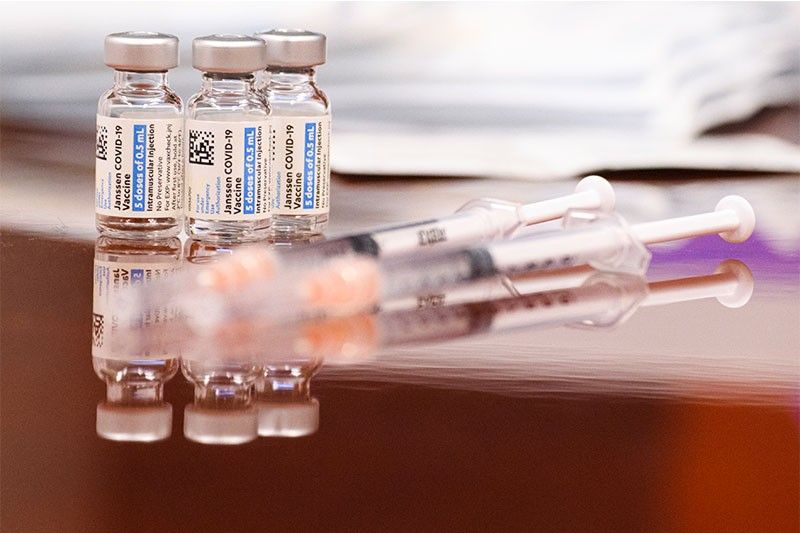Slovenia suspends Johnson & Johnson vaccine after death

LJUBLJANA, Slovenia — Slovenia on Wednesday suspended vaccinations with Johnson & Johnson after a 20-year-old woman died of a brain haemorrhage and blood clots just days after getting the jab.
The death came after the authorities told civil servants they had to be vaccinated by the end of the month, leading to a pick-up in demand.
Thousands of people took to the streets of the capital Ljubljana on Wednesday evening to protest against the government's health policy.
Health Minister Janez Poklukar told journalists in Ljubljana that the ministry had called for the suspension "until all details related to this case are cleared up".
Experts advising the government had recommended the suspension after learning that "there could be an undesired link between the death and the vaccination", said Bojana Beovic, who heads the expert group.
Media reported the woman had been hospitalised on Monday in severe condition, only days after receiving a Johnson & Johnson jab. She died overnight Tuesday to Wednesday.
One death has already been confirmed as linked to the vaccine in Slovenia, where more than 120,000 people have received the injections.
About 47 percent of the Alpine nation's two million people have been fully vaccinated, one of the lowest levels in the European Union.
In an attempt to boost numbers, the government announced earlier this month that all public employees would need to be vaccinated or recovered from Covid-19 to continue working from October 1.
During Wednesday evening's protests, police used tear gas to break up the crowds after they blocked one of the capital's main roads.
Local news media reported that among the protesters was the father of the woman who died.
Demand for Johnson & Johnson has increased over the past weeks because it is the only vaccine that does not require two jabs.
The European Medicines Agency said in June that EU states must use all the vaccine options available to fight the coronavirus pandemic, and it was too early to tell if a particular type was best.
The comments came as several countries limited the use of so-called viral vector jabs such as AstraZeneca and Johnson & Johnson due to a link with rare blood clots.
Some have instead opted for Messenger RNA vaccines such as Pfizer and Moderna.
The EMA has approved all four vaccines for use in the 27-nation EU.



















